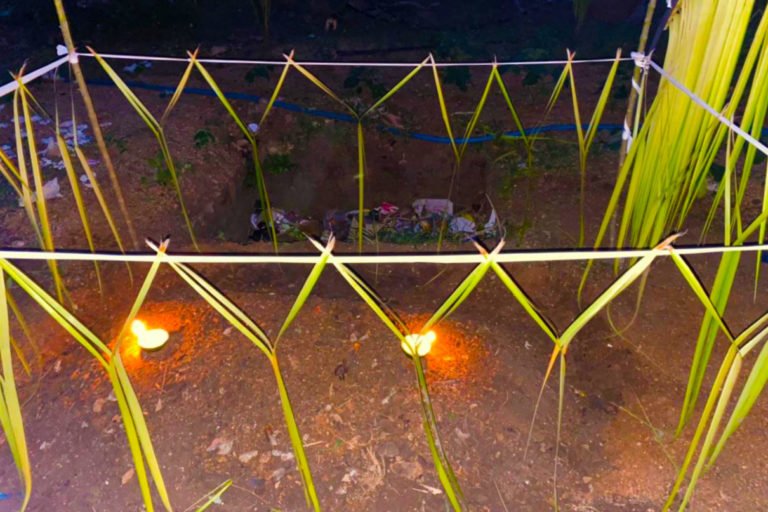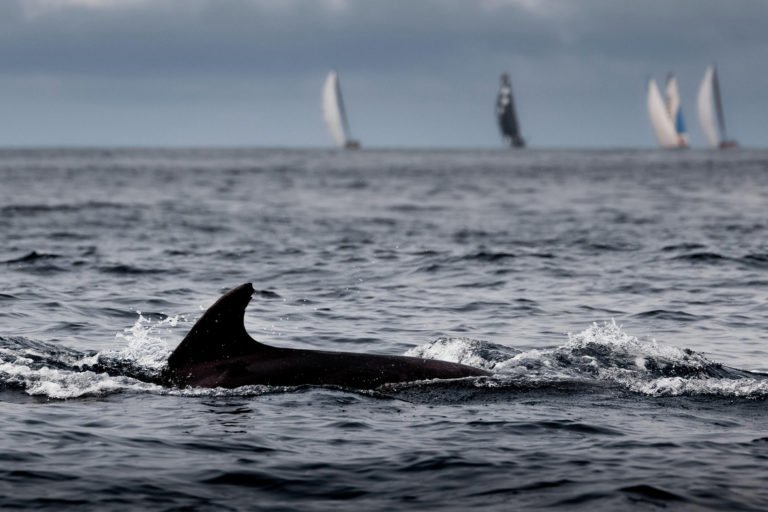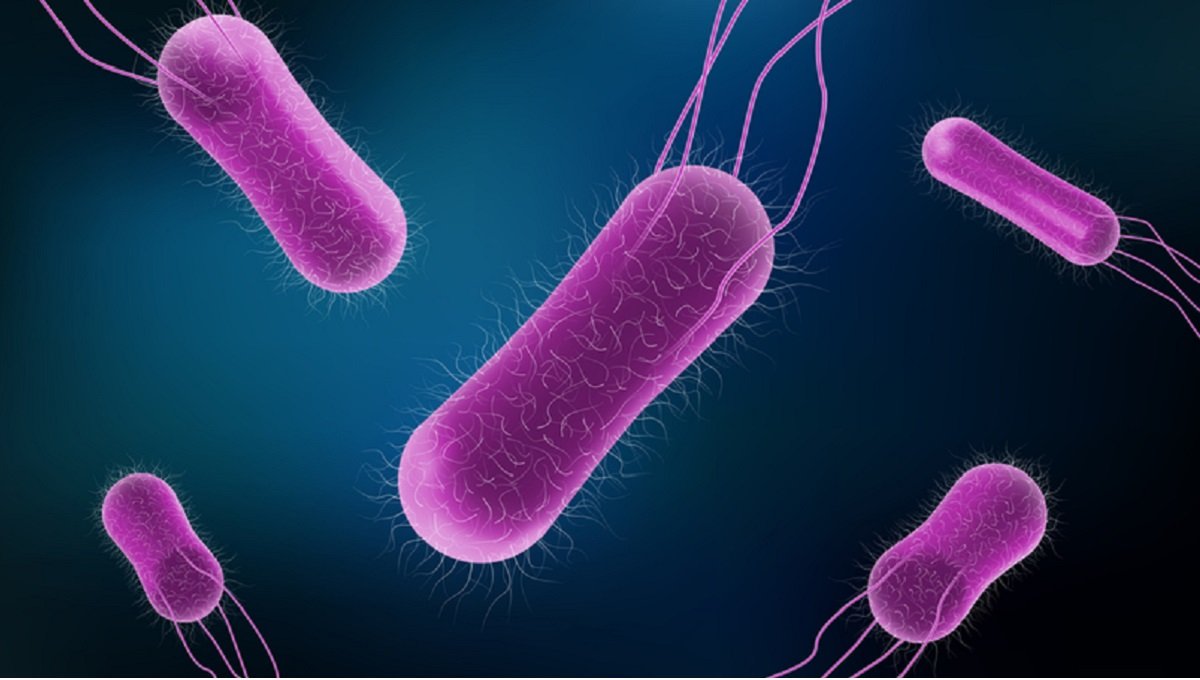- Mining in the shallow waters of the continental shelf is seen as more sustainable than deep-sea mining, but goes against global goals on sustainability and conservation, a new study says.
- There are already shallow-mining projects underway in Namibia and Indonesia; others, in Mexico, New Zealand and Sweden, have been proposed.
- But as with deep-sea mining, for which commercial operations have not yet begun, shallow-water mining can have drastic effects on marine biodiversity because it requires dredging up the seafloor to extract the minerals found there.
Concerns about the environmental impacts of deep-sea mining have increased over the past few years, and for good reason: nearly 77% of the seafloor, home to highly unique biodiversity, has not been mapped or explored.
To sidestep debates over the deep sea, some companies and countries are turning to shallow seabed mining, under the assumption that it’s more sustainable than deep-sea mining. But a new study published in Trends in Ecology & Evolution by researchers from the University of Helsinki highlights the potential dangers of shallow-water mining and argues that much more impartial research into its environmental impacts is needed before it can be deemed safe or sustainable.
Seabed mining is the process of extracting valuable commodities, such as tin, diamonds and polymetallic nodules (potato-sized pellets containing iron and manganese) from the seafloor. Most shallow-water seabed mining occurs at depths of less than 200 meters (660 feet), but the term can include any seafloor mining activity on the continental shelf. There are already shallow-mining projects underway in Namibia and Indonesia. Others, in Mexico, New Zealand and Sweden, have been proposed, the study notes.
As in deep-sea ecosystems, shallow-water mining can have drastic effects on marine biodiversity because it requires dredging, a process in which the sand and other substrate that make up the ocean floor is vacuumed up and the minerals extracted. This destroys the seafloor and kills any organisms — corals, sponges, bivalves and the like — that live in it. And even if some animals can swim away and escape the dredging’s most acute effects, it changes the physical structure of the ocean floor. “We lose a habitat and environment for those organisms completely,” Laura Kaikkonen, the paper’s lead author, told Mongabay.
The issue of seafloor mining is not going anywhere anytime soon; the minerals and metals it can produce are in high demand for equipment like electronics, solar panels and batteries, while land resources are running out . “In these marine deposits there are quite high grades of commercially valuable minerals,” Kaikkonen said. Extracting these minerals from the seafloor has also become much cheaper and more feasible over time, making shallow-water mining an attractive option for profit-driven companies.
But shallow-water mining has already incurred vast environmental and social costs. The tin industry in Indonesia’s Bangka-Belitung Islands is an illustrative cautionary tale. Indonesia is the world’s largest exporter of tin. Most of Bangka-Belitung’s land-based tin reserves have already been exploited, shifting pressure onto its coastal resources.
Ibrahim, a researcher in Bangka-Belitung University’s School of Social and Political Sciences, wrote in an email that tin there is dredged up to 5 kilometers (3 miles) from the shore. The dredging ships are mostly owned by private companies, some of which work in partnership with state-owned companies. Some small-scale and artisanal tin mining, an extremely dangerous endeavor, is also performed illegally by individuals or small groups of miners.
The sea mining devastates Bangka-Belitung’s coasts, dirtying the beaches and polluting the water. According to Ibrahim, there is no version of tin mining that is safe for the environment. A decade ago, Friends of the Earth and its Indonesian affiliate, Walhi, published a report showing that tin mining had damaged 70% of coral reefs in Bangka-Belitung; the extent of the damage may well be higher now. This harms local fishers, who depend on healthy coral reefs to support the bustling fisheries that underpin their livelihoods.
In Bangka-Belitung, there’s no clear solution to the problems tin mining creates. “There are so many [intersecting] interests: between local and national government, between legal and illegal mining, between private and state companies, and also between economic growth and environmental advocacy,” Ibrahim said.
If policymakers and environmental regulators heed the warnings of this new study, they might be able to avoid the tricky environmental and social problems Indonesia has experienced from tin mining in their countries. A myriad of global sustainability goals and legislative frameworks, such as the U.N. Sustainable Development Goals, the European Union Marine Strategy Framework Directive, and the U.N. Convention on the Law of the Sea all require marine ecosystems to be protected from harmful industries. Shallow-water mining is in direct conflict with these goals and framework, and, according to the study, proceeding with this mining risks “inevitable biodiversity loss and irreversible effects on ecosystem integrity.”
The warning from the report’s authors is clear: shallow-water seabed mining should not be allowed to move forward until there’s a reliable body of scientific evidence that its benefits outweigh its costs. Mining doesn’t occur in isolation, Kaikkonen said, adding it’s important to consider how the impacts of mining compound the harmful environmental effects of other human activities and climate change.
Weighing all the scientific evidence and gathering new information about mining’s impacts may cost time and force companies to forgo profits from planned mining projects, but the alternative route of forging ahead without a complete understanding of what species and ecosystem services we might be losing is unfathomable, Kaikkonen said: “I can’t stress enough how important it is to maintain precautionary attitudes to the management of marine ecosystems.”
Related reading:
Illegal mining fuels social conflict in Indonesian tin hub of Bangka-Belitung
Banner image: Coral reef in Indonesia. Image by Martin Colognoli / Ocean Image Bank.
Citations:
Schoenle, A., Hohlfeld, M., Hermanns, K., Mahé, F., De Vargas, C., Nitsche, F., & Arndt, H. (2021). High and specific diversity of protists in the deep-sea basins dominated by diplonemids, kinetoplastids, ciliates and foraminiferans. Communications Biology, 4(1). doi:10.1038/s42003-021-02012-5
Kaikkonen, L., & Virtanen, E. A. (2022). Shallow-water mining undermines global sustainability goals. Trends in Ecology & Evolution. doi:10.1016/j.tree.2022.08.001












